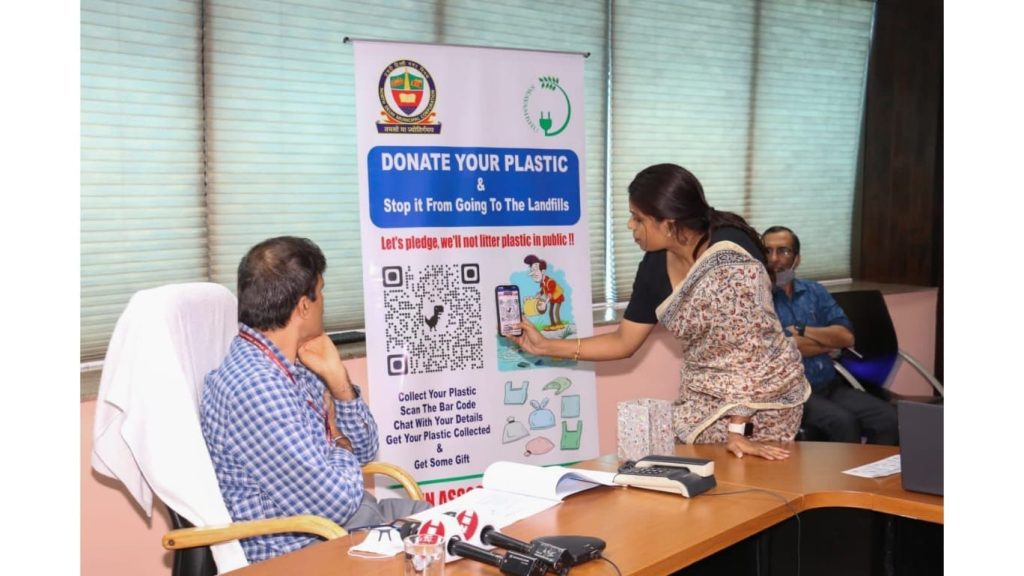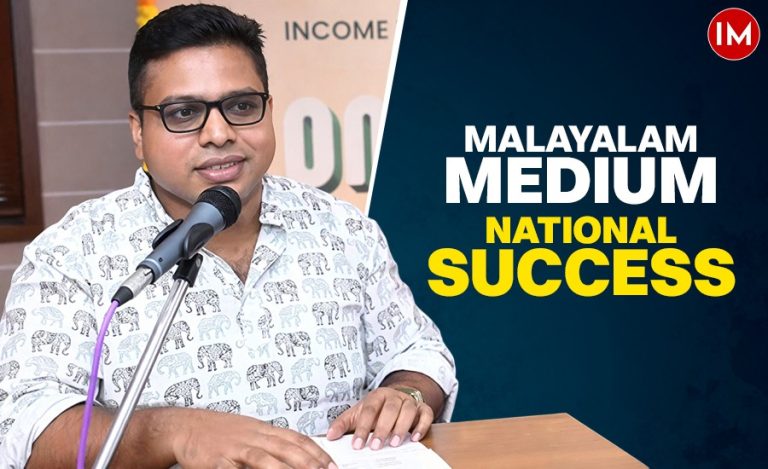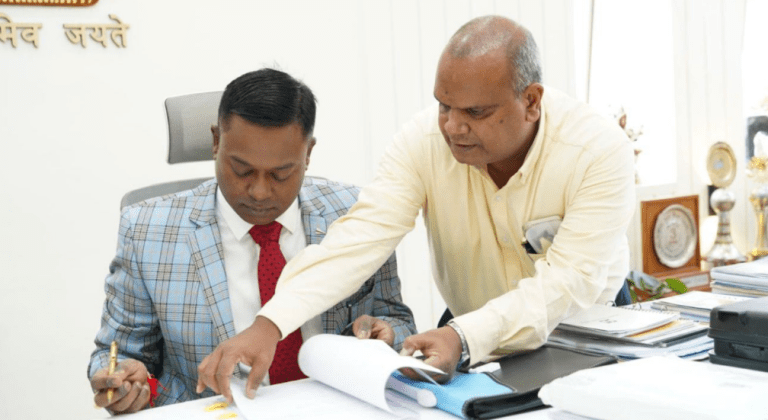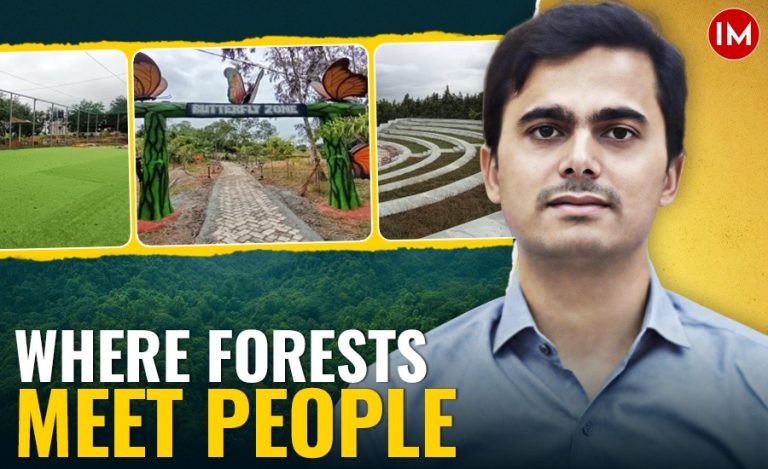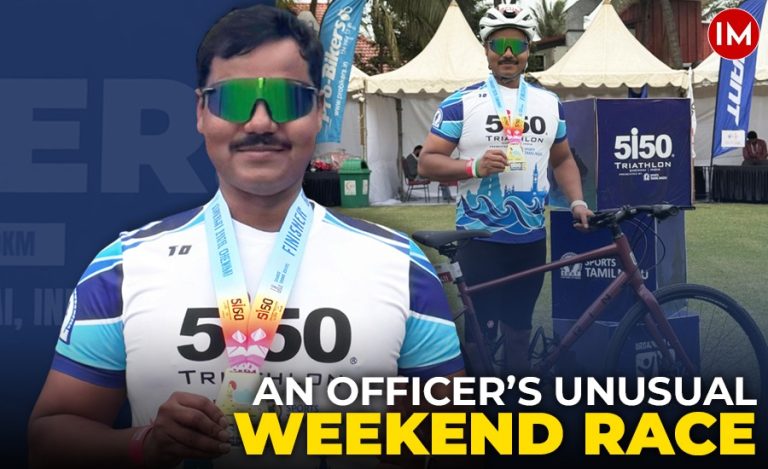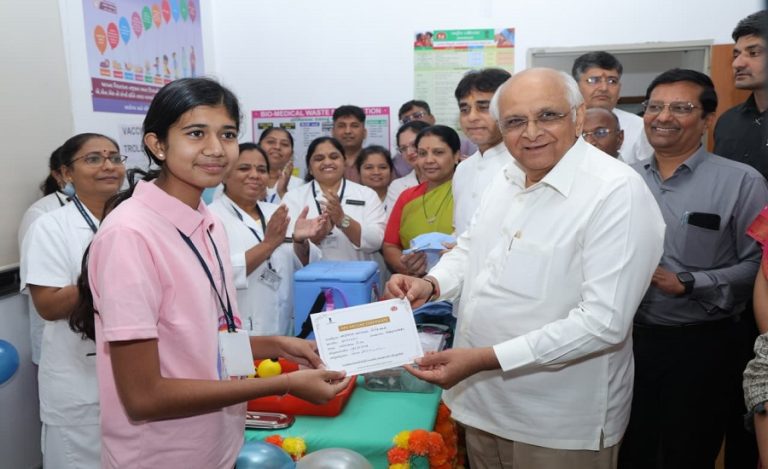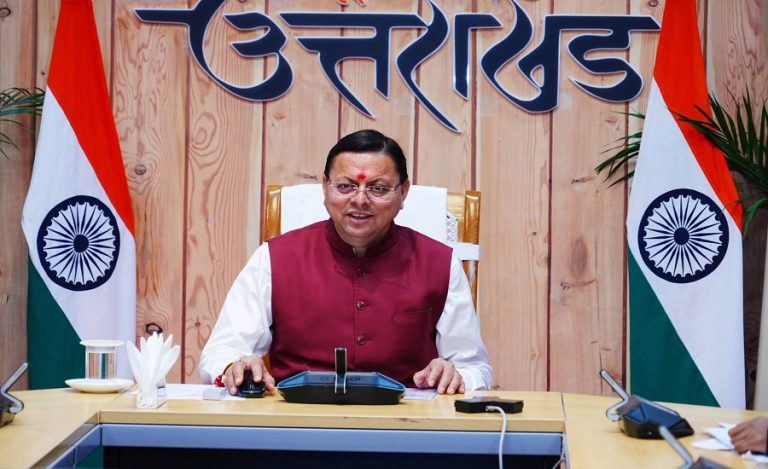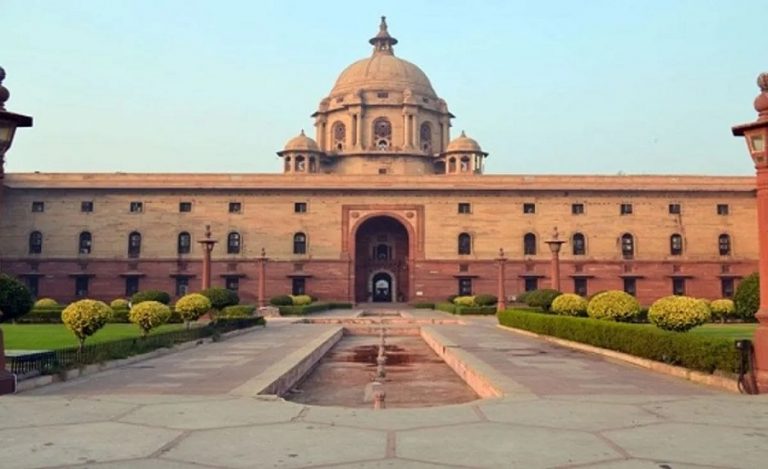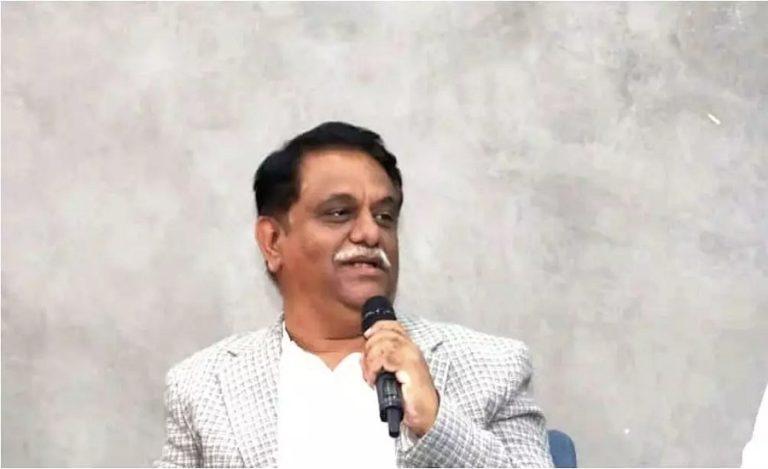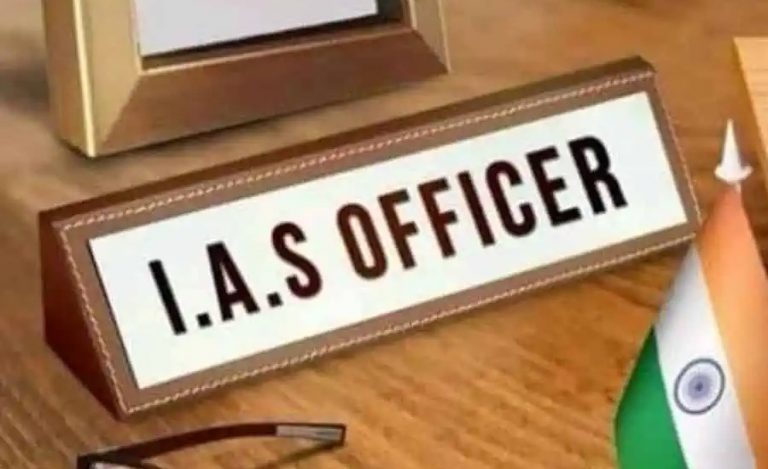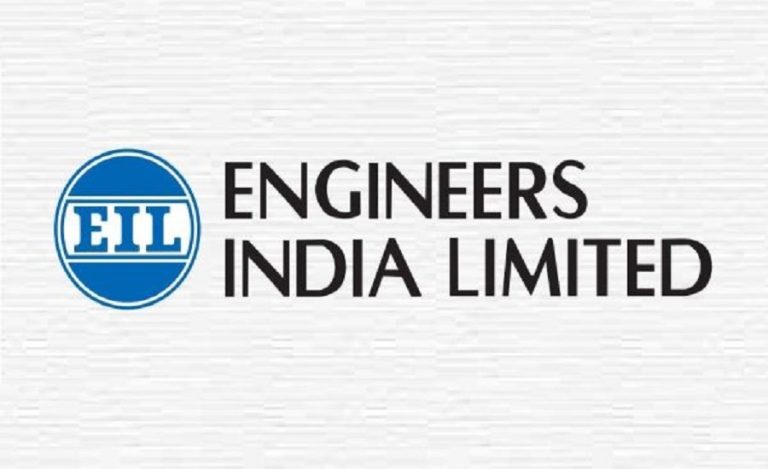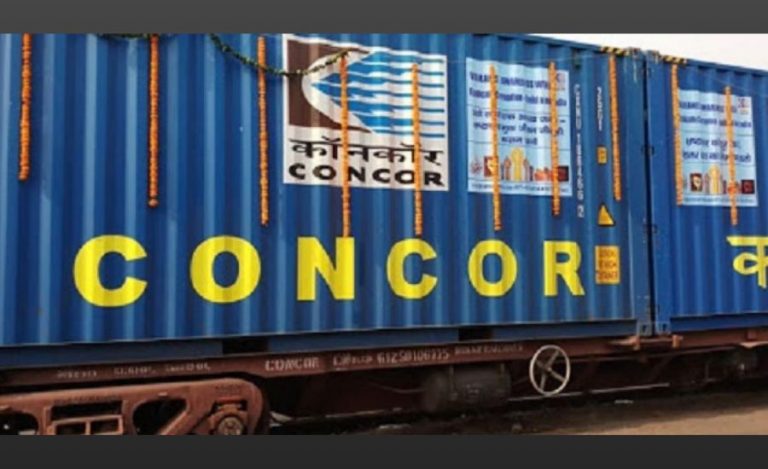Taking an important step towards tackling the problem of plastic waste, the Municipal Corporation of Delhi (MCD) has launched the QR-based ‘Plastic Pick-Up Chat Bot’ initiative in Karol Bagh in collaboration with an NGO. By scanning the QR code, people will have to fill up a small form asking their name, location, and date and time for picking up plastic waste from their homes, and it will get collected within 48 hours from their doorstep.
In an exclusive interview to Indian Masterminds, IAS officer Shashanka Ala, who is the Deputy Commissioner of Karol Bagh, shared more details about this initiative.
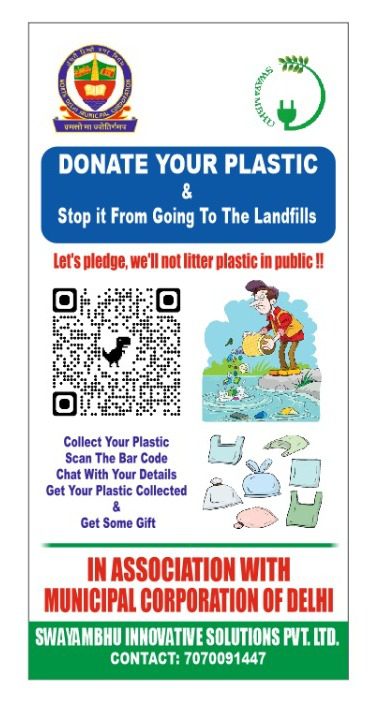
ABOUT PLASTIC PICK-UP CHAT BOT
Ms. Ala said that people do not segregate the garbage at their homes. All kitchen waste, dry waste and plastic wastes are mixed up, which cannot get decomposed when they reach landfills, leading to accumulation.
The government has banned single-use plastic, but remaining plastics which are used in households can go in trash. “So, to come up with a solution, we have asked the people to scan the QR code and once they give us the date and time, we will come and pick up the items from their doorstep within 48 hours.”
The Municipal Corporation of Delhi has found the mechanism where they can divert all these plastics from home at convenience, free of cost, and directly to the recycler, so that they do not end up in the landfills.
“These plastics are going to go to the recycler or we are going to reuse them to make plyboards, plant pots and many other good things. There are many agencies involved, who try to do their best in upcycling,” she told Indian Masterminds.
This initiative has been started only in Karol Bagh for now, but the administration has announced that that if people message them from anywhere else, they will ensure that their plastic items get picked up from their homes.
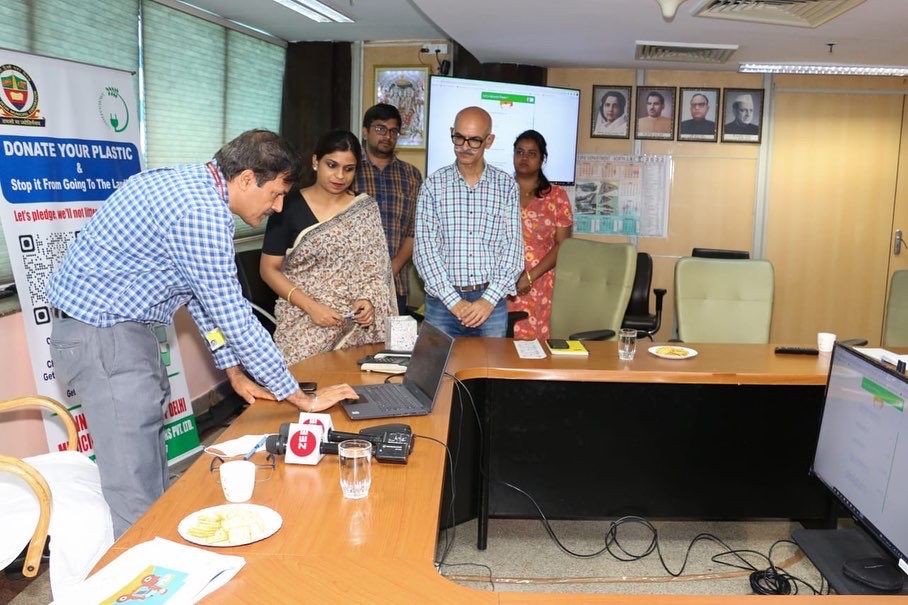
CREATING AWARENESS
Right now, the administration is making people aware about this initiative through social media but the officer says that soon they intend to stick these QR codes in market areas, offices, and at some prominent areas where people can use it to contact them.
“We have some volunteers from colleges who really feel for the environment and want to make Delhi a good place to live in. These people are helping us by going door to door and making people realise the need and importance of waste segregation at their homes,” she said.
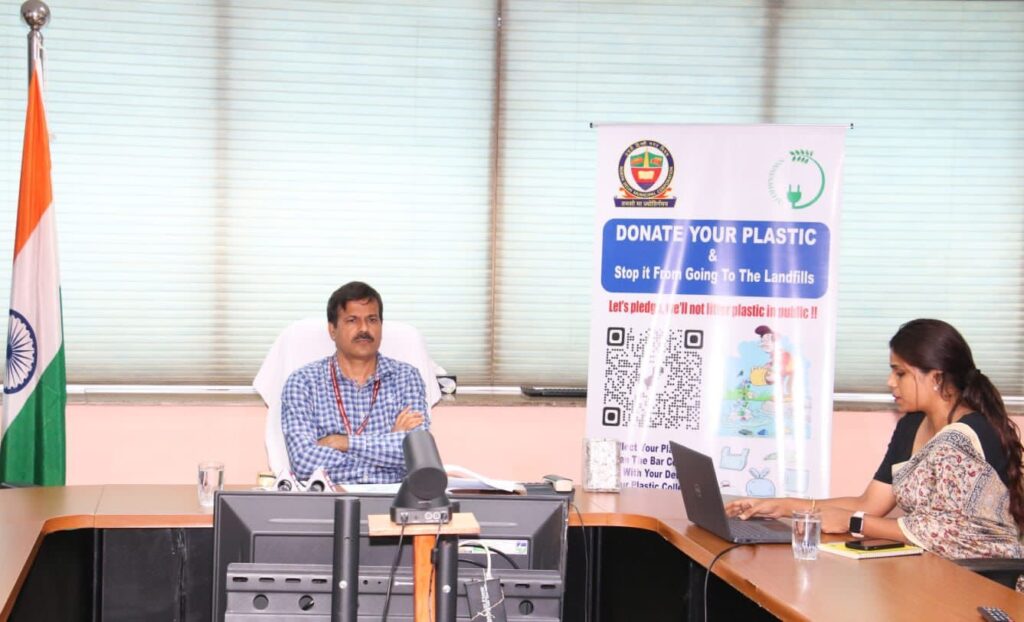
LEGAL & ILLEGAL DUMP SITES
On being asked how they are managing the piled-up garbage, Ms. Ala said that there are legal garbage sites and then there are illegal garbage sites. Legal ones are the sites where MCD dumps the picked-up waste from homes .
“Legal dump sites are easier to deal with as we have crawling machines and a lot of infrastructure already to take care of them. But in spite of that, infrastructure falls short because the mixed wastes that are coming in are way more than the infrastructure in place.”
She further said that there are also illegal dump sites which are not designated ones by the administration, but because people started dumping wastes there, they ultimately became dumping ground.
“We are trying to bring down these illegal dump sites. Cleaning them up is our responsibility, but to make sustainable, it has to be a community effort,” Ms. Ala said.
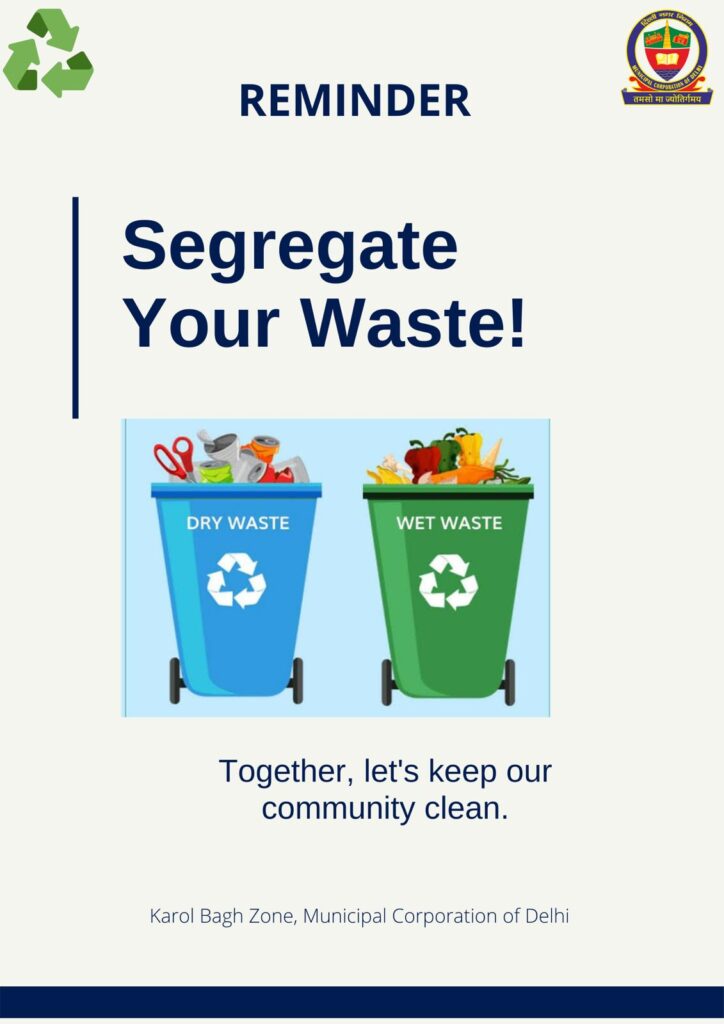
PLEA TO THE PUBLIC
Pointing out the harm caused to the environment plastic, she further said to protect our water, air and food from such harmful effects, everyone needs to be mindful about segregating the wastes.
The administration is making manure out of the wet waste so that it does not go to any landfill and as the dry waste definitely goes to the landfills, they are trying to make it compact. And as for the plastic waste, they are sending it for either recycling or upcycling.
In conclusion, the officer said, “A huge difference can be made by taking little steps. I just want to request people to segregate their waste before handing them over to us. Rest is our job.”

